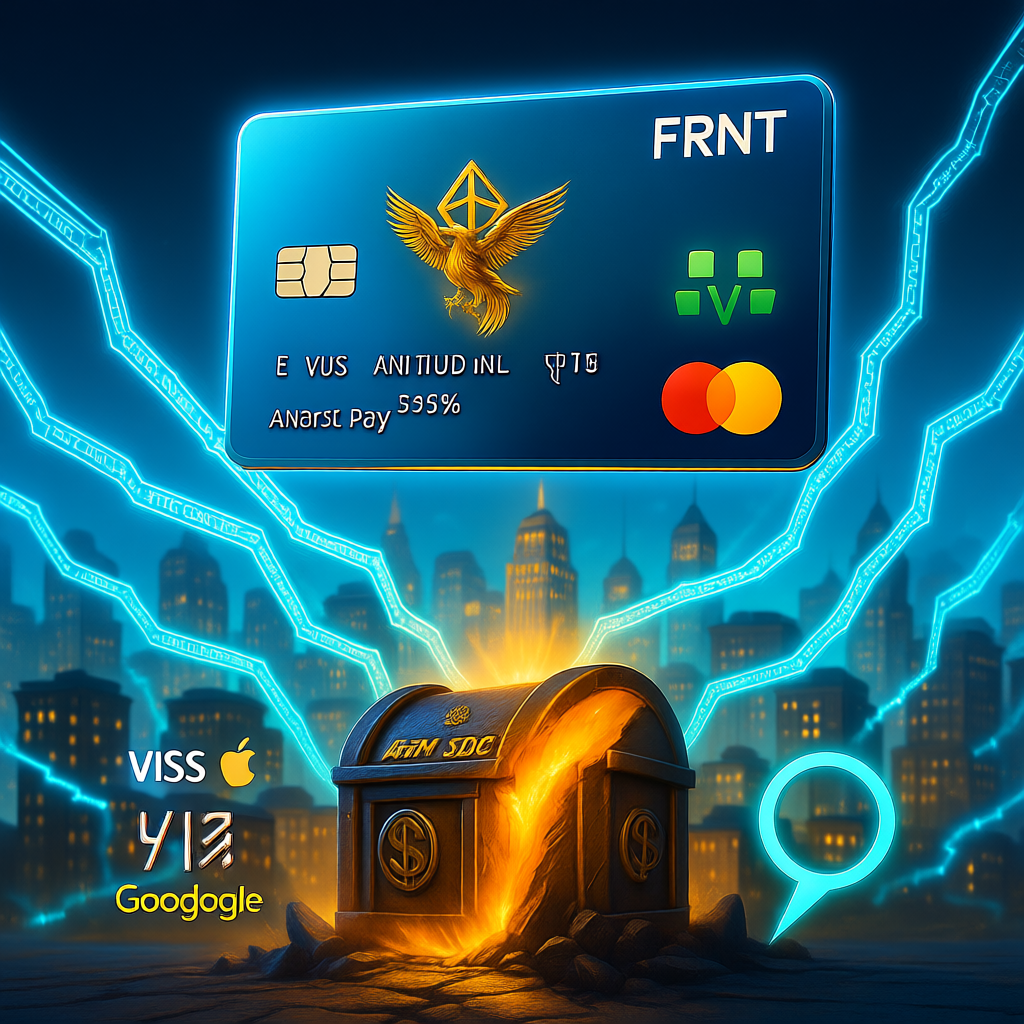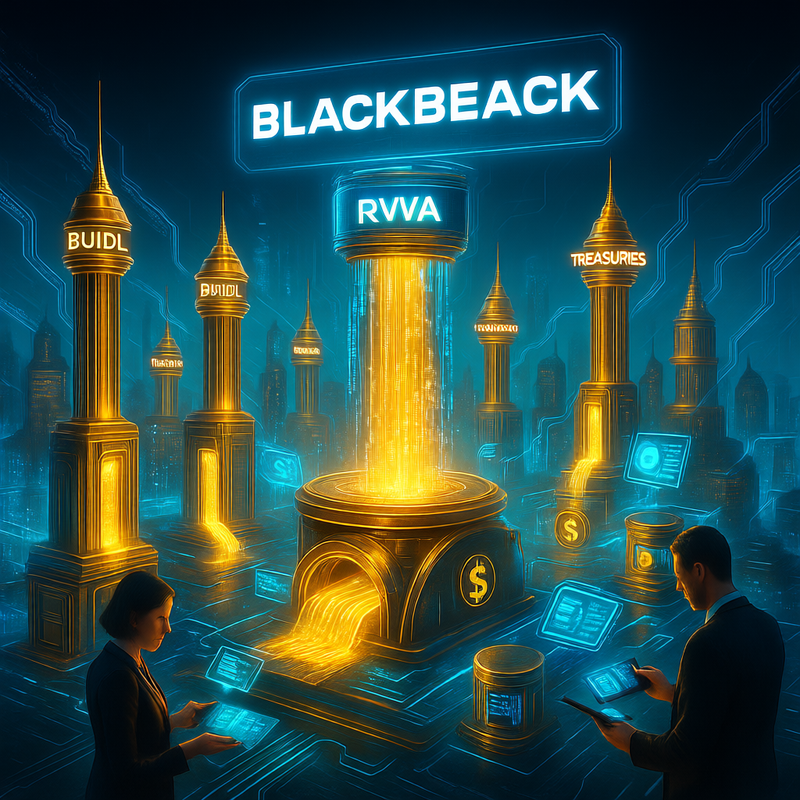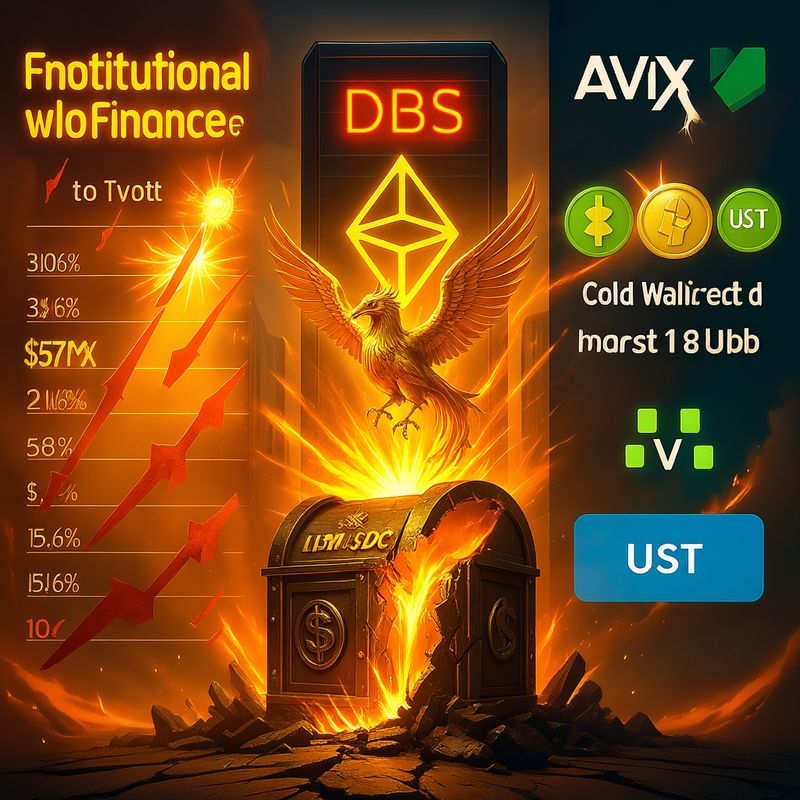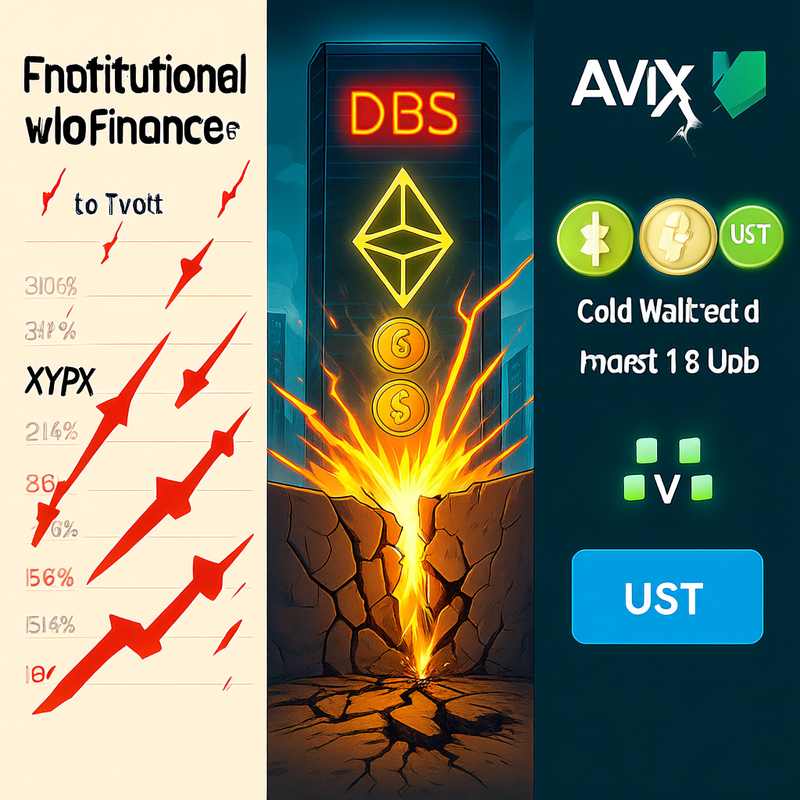Frontier Stable Token (FRNT) Launches Rain-Issued Card on Avalanche – The First State-Backed Stablecoin for Everyday Spend
The Frontier Stable Token (FRNT) has launched on Avalanche with a Rain-issued Visa card, making it the first U.S. state-issued, dollar-pegged token for daily spending. With instant settlements, zero fees, and real-world pilots already live, FRNT is turning blockchain-powered government finance

A New Era of Public Finance: FRNT Goes Live on Avalanche
A groundbreaking milestone has been reached in the world of digital assets.
At the SALT Wyoming Blockchain Symposium, Frontier Stable Token (FRNT) was officially launched on mainnet—marking the first state-issued, dollar-pegged stablecoin to enter real-world circulation.
Backed by the State of Wyoming, built on Avalanche, and powered by Rain’s payment infrastructure, FRNT is more than a token. It’s a programmable dollar—designed for instant, transparent, and efficient government and citizen transactions.
And now, it’s spendable anywhere Visa is accepted.
The Rain-Issued FRNT Card: Spend Your Stable Token Like Cash
FRNT isn’t just for on-chain transfers. It’s for real-life spending.
Through a partnership with Rain, FRNT holders can now use:
- Physical debit cards
- Apple Pay
- Google Pay
The card comes with zero transaction fees and seamless integration into the global Visa network—making it the most accessible government-backed digital dollar to date.
This isn’t a prototype. It’s a production-scale financial tool—already being tested in live government pilots.
Fully Backed, Fully Compliant
FRNT was created under the Wyoming Stable Token Act, ensuring full legal and financial compliance:
- 100% collateralized by U.S. dollars and short-duration U.S. Treasury bills
- 102% statutory reserve requirement—exceeding standard backing
- Regulated by the Wyoming Stable Token Commission
This legal foundation makes FRNT not just a fintech innovation, but a sovereign digital asset—setting a precedent for other states and nations.
Why Avalanche? Speed, Security, and Scale
FRNT runs natively on the Avalanche blockchain, chosen for its:
- Sub-second transaction finality (0.8s)
- Ultra-low fees
- Institutional-grade security
- Interoperability with DeFi and cross-chain ecosystems
As John Wu, President of Ava Labs, stated:
“By launching natively on Avalanche, FRNT combines legal accountability with sub-second finality, low fees, and seamless interoperability – all essential ingredients for blockchain to deliver real economic utility.”
Real-World Impact: From 45 Days to 2 Seconds
The power of FRNT was proven in July 2025, when Wyoming executed a live pilot with Hashfire, an Avalanche-based protocol.
The state used FRNT to pay a contractor—automating the entire process and reducing the payment cycle from 45 days to just seconds.
That’s a 99.99995% efficiency gain.
This Government-to-Business (G2B) pilot demonstrated:
- Instant settlement
- Full auditability
- Reduced administrative overhead
Now, the model is being expanded to Government-to-Citizen (G2C) use cases:
- Tax rebates in real time
- Emergency disaster relief disbursements
- Social benefit distributions
A Public-Private Blueprint for the Future of Finance
FRNT is a collaboration between:
- Wyoming Stable Token Commission (regulatory oversight)
- Avalanche (blockchain infrastructure)
- Rain (payment rails and card issuance)
This triad creates a scalable blueprint for how governments can leverage blockchain—not for speculation, but for public good.
Farooq Malik, CEO of Rain, emphasized the mission:
“We build financial infrastructure that makes stablecoins like FRNT instantly usable anywhere in the world… turning bold ideas into real-world impact.”
What This Means for the Future
FRNT is more than a token. It’s a proof-of-concept for:
- Programmable commerce
- Transparent public finance
- Efficient tax and benefit systems
- State-backed digital currencies
With Wyoming leading the charge—having passed 45+ blockchain laws since 2016—other states and countries are watching closely.
If successful, FRNT could become the model for national digital dollar initiatives, cross-border government payments, and DeFi-integrated public finance.





